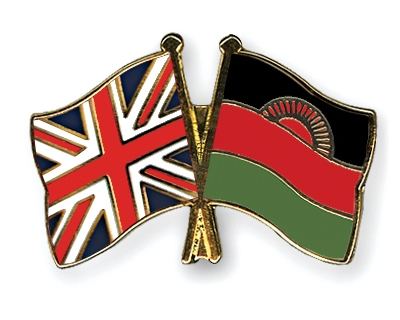Britain says it is ready to resume financial aid to the Anti-Corruption Bureau (ACB) following the appointment of the graft fighting body’s new director.
British High Commissioner to Malawi Michael Nevin revealed this to The Daily Times, saying following the recent developments, the UK will hold discussions with the ACB to map the way forward on funding.
Parliament last month approved High Court Judge Rezine Mzikamanda as the new ACB Director despite earlier rejecting a nominee for the deputy director position.
Nevin explained that the UK did not freeze funds as widely reported, but did not commence negotiations for a new funding programme following the expiry of the previous programme due to the concerns of lack of leadership at the bureau.
“The UK does not have any current funding in place that was suspended, as previous programmes had come to a natural end. Instead we were waiting until leadership of the ACB had been resolved before beginning discussions on possible support.
“Along with Malawians, the UK wants to see an effective drive against corruption. We look forward to discussing with the new ACB Director how we might best support him, in coordination with other partners,” Nevin said.
Meanwhile, the government has awarded Nampota over K70 million as compensation after his bitter exit from the body.
However, while acknowledging that he is yet to obtain details of the payout, the High Commissioner cautioned the government to avoid finding itself in such situations in the future.
“We do not know the details of the severance arrangements made with the former director. We would hope that such situations can be avoided in the first place.
“Fundamentally, state institutions such as the ACB need to be independent and supported to deliver on their mandate, through dedicated and professional staff.
“Their job can be made easier by a stronger culture of zero tolerance of corruption and fraud in the workplace, in government, in business and generally in society,” Nevin added.
Government has come under criticism from several quarters including the European Union for its handling of the Nampota saga with observers lamenting the heavy costs on national treasury.




